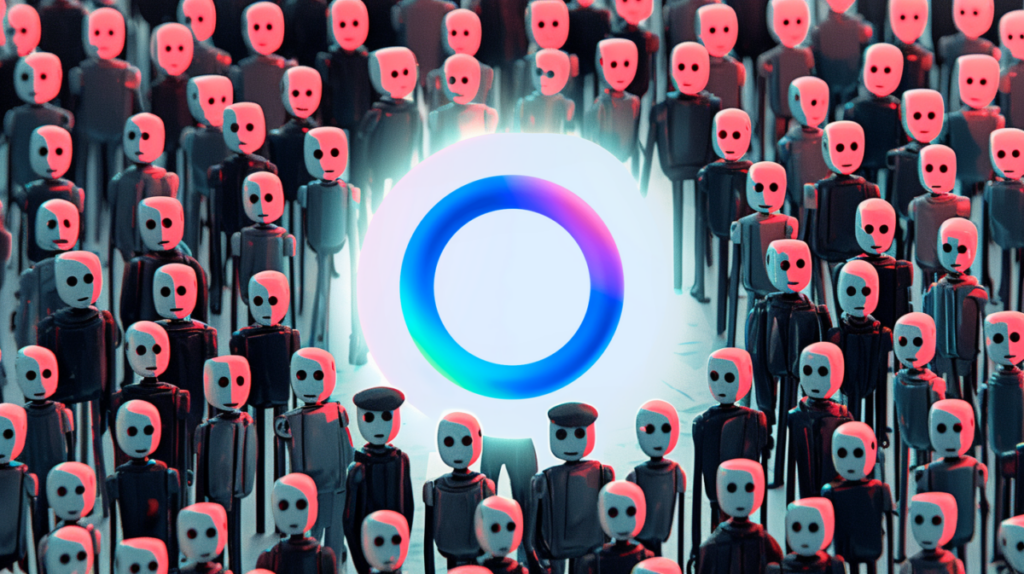Meta is laying the foundation for a future where AI-generated profiles interact with regular users on Facebook and Instagram, and some of these tools are already being deployed.
According to Connor Hayes, vice president of generative AI at Meta, the company expects AI characters to become a regular part of its social networks over the next few years. These AI profiles function similarly to human accounts, with the ability to post unique bios, profile photos, and content.
“We expect these AIs to actually live on our platforms over time, just like accounts,” Hayes told the Financial Times.
Meta has already started testing these waters. Since July 2024, users in the United States have had access to AI character creation tools, resulting in the creation of hundreds of thousands of new AI profiles. But so far, Hayes says, most users have kept these AI characters private.
advertisement
The company sees this AI integration as an opportunity to make its apps more engaging. Hayes said making AI interactions more social will be a key focus for Meta over the next two years. Currently, most content creators are using Meta’s AI tools to simply enhance existing content, such as photo retouching.
Meta released AI versions of celebrities in fall 2023, but these have yet to garner much attention.
Balance opportunities and risks
Former Meta Creator innovation team head Becky Owen raises some red flags about this AI-filled future. In an interview with the Financial Times, she warned that malicious actors could use AI accounts to spread false information.
She also points out that AI characters lack real-world experience, true emotion, and authenticity compared to their human creators. This can flood the platform with low-quality posts.
Meta requires clear labeling of AI-generated content, but this is not easy to enforce. Audiovisual content can be CC labeled if the platform supports it, but detection of AI-generated text remains difficult and highly dependent on users labeling it themselves.
recommendation

Advertising questions
Meta is currently testing ways to incorporate AI-generated personalized content into Facebook and Instagram feeds. This content automatically adapts based on your preferences and current trends, and your interactions help shape what you see next.
However, this AI push could pose challenges for Meta’s advertising business. Businesses probably won’t be excited about ads increasing interactions with bots, especially since ads work best alongside high-quality content.
Conversely, Meta can use AI content to expand reach and interactions, potentially increasing ad revenue as well. Highly personalized AI content may also cause users to spend more time scrolling, but that remains to be seen.
Character.ai provides a glimpse into both the potential impact and serious risks of personalized AI chatbots on people’s lives. AI chatbots can provide companionship, alleviate loneliness, and increase positive emotions with supportive messages, but they also raise concerns about emotional attachment.
When AI becomes more human-like, users are more likely to form an emotional bond with it. This can be a particular concern when people use AI as a substitute for a counselor, friend, or lover. The platform is facing major concerns after a 14-year-old user died by suicide after communicating extensively with a chatbot.
This concern is further amplified by the development of more human-like features, such as voice capabilities, that could potentially strengthen emotional attachment to AI systems.



